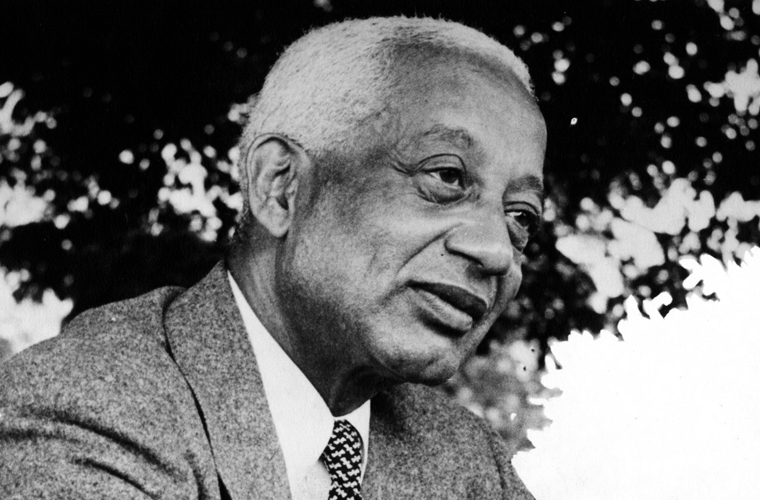Alain Leroy Locke was an influential African American philosopher, writer, and educator. He was born on September 13, 1885, in Philadelphia, Pennsylvania, and is often referred to as the “Father of the Harlem Renaissance” due to his contributions to the cultural and intellectual movement of the 1920s known as the Harlem Renaissance. Locke graduated from Harvard University in 1907, becoming the first African American Rhodes Scholar. He studied at the University of Oxford in England, where he developed his interest in philosophy. Locke went on to earn a Ph.D. in philosophy from Harvard in 1918, becoming the first African American to receive a doctorate in philosophy.
Locke’s work focused on aesthetics, cultural pluralism, and the role of African American art and culture in shaping American society. He believed that African American culture had a unique contribution to make to the broader cultural landscape of the United States. In his influential anthology, “The New Negro: An Interpretation” (1925), Locke collected and showcased the works of prominent African American writers, artists, and intellectuals of the time, including Langston Hughes, Zora Neale Hurston, and Countee Cullen.
Locke championed the idea that art and literature should reflect the experiences, traditions, and cultural expressions of African Americans. He believed that embracing and celebrating African American culture was essential for the empowerment and advancement of the African American community. Through his writings and lectures, Locke encouraged African American artists and writers to explore their heritage and express themselves authentically.
In addition to his work in philosophy and literature, Locke was also a dedicated educator. He taught at Howard University, a historically black institution in Washington, D.C., for many years. Locke’s influence extended beyond the classroom, as he mentored and supported numerous young African American artists and intellectuals, providing them with guidance and opportunities for artistic and intellectual development.
Alain Leroy Locke’s contributions to the Harlem Renaissance and his advocacy for African American art and culture had a lasting impact. His ideas and writings helped shape the cultural and intellectual landscape of the time, inspiring generations of African American artists, writers, and scholars. Locke’s work continues to be celebrated for its influence on the recognition and appreciation of African American contributions to American society and culture.

